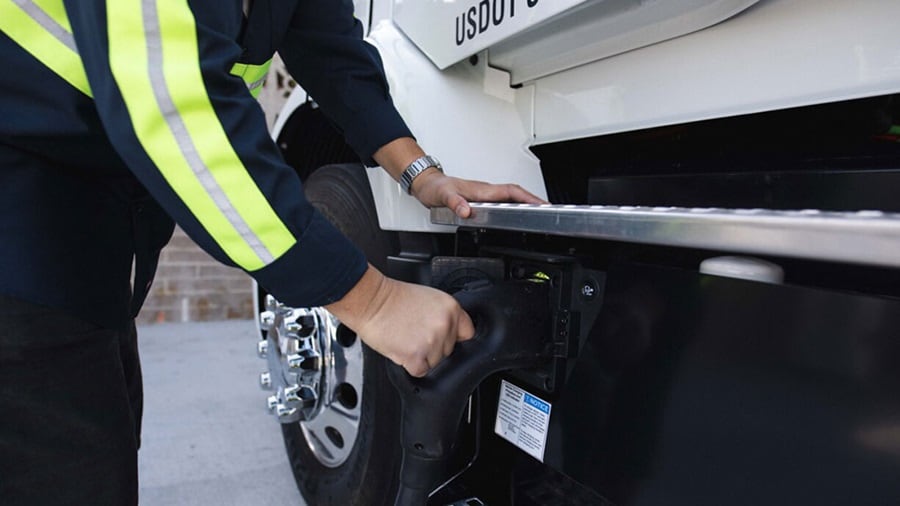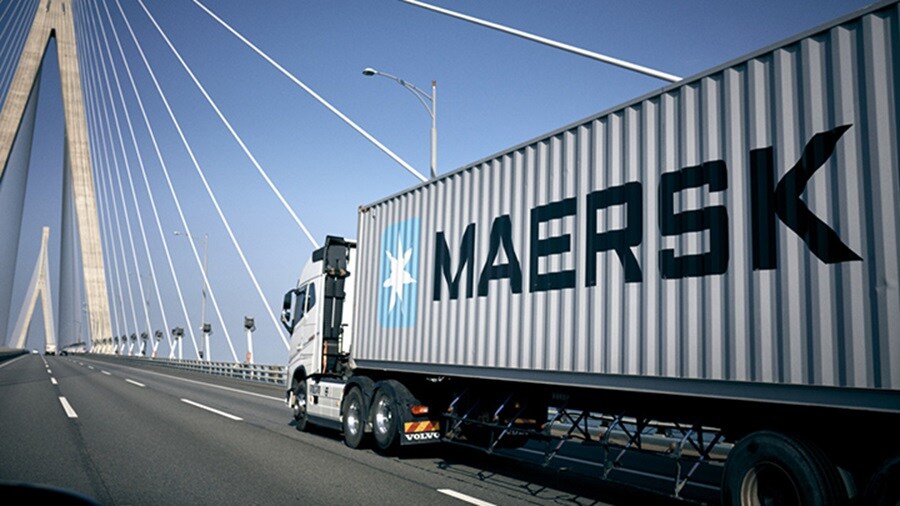Electric Vehicles (EVs) may not exactly be a rare sight on European roads, but the days when they were scarcely seen aren’t too distant a memory.
Back in 2015, new electric and hybrid vehicle sales across Europe totalled 145,000 units and represented a market share of just 1% - which was incidentally hailed as a rather important milestone. Times are changing this side of the decade, though, and only seven years later in 2022, over 2.6 million new EVs were registered.
Advancements in technology can be thanked for such a rapid surge, as it’s safe to say EVs have come a long way in a short space of time. Original electric vehicles were difficult to justify thanks to their very limited mileage range and bulbous designs, while a lack of charging points and infrastructure made everyday use something of a challenge.
However, in this day and age it’s a very different story, with full-charge ranges commonly seen above the 400-mile mark and over 560,000 charging points throughout the continent (and growing). Plus, as EU regulations will ban the sale of new petrol and diesel cars from 2035, the EV market’s trajectory will only continue to head upwards.
Electric trucks following behind
The electric trucking industry has been on a similar road to prominence in recent years, with new technology, investments and partnerships paving the way for transforming freight transportation on European roads.
According to ICCT, EV trucks produce at least 63% lower lifetime greenhouse gas (GHG) emissions compared to their standard diesel-powered counterparts when using the EU’s average electricity grid mix; and when you consider that trucks carry 77% of all freight transported over land in Europe, there are significant GHG emissions savings to be made.

That’s why the fleets of logistics service providers are becoming more and more electrified in line with ambitious decarbonisation goals.
Maersk recently confirmed the purchase of 25 state-of-the-art Volvo FH electric trucks for operational use in Germany as part of its commitment to decarbonise logistics and achieve net-zero GHG emissions by 2040. This adds to previous inland transportation investments as a piece of the decarbonisation puzzle, including recent EV truck acquisitions in both Sweden and the United Kingdom.
In a world of growing consciousness, demand has been rising for decarbonising road transportation from companies in Europe, and the new investments mean Maersk customers have greater options for reducing their logistics GHG emissions footprint and reaping the commercial and societal benefits that come with it.
Not only do EV trucks reduce GHG emissions, but they also contribute to reducing air and noise pollution in urban areas and now have the technology and range to be used for longer inland journeys. All things considered, you’d be forgiven for thinking that electric vehicles will soon dominate the trucking market, but there’s still a long way to go before that becomes reality.
Diesel trucks remained the dominant choice for buyers in the European Union in 2022, accounting for a significant 96.6% of all new registrations. The EV truck market share did indeed increase from 0.5% in 2021, but still came in at a modest 0.6%.
Ultimately, payload-limiting EU legislation, inadequate mileage range and lack of viable charging points for trucks have played into diesel’s hands, but companies like Maersk are making investments in the area in the hopes of future change:
It’s still early days in e-trucking: higher total cost of ownership, long project deployment times due to lack of infrastructure, and operational inefficiencies are some of the challenges. But these can only be overcome, if all industry players, customers and governments work together. By increasing demand for e-trucks and infrastructure, we want to play our part of unlocking the chicken-and-egg situation and inspire others to follow along.
Change on the horizon
The positive news is that the situation may well improve before too long, with incentives in place hoping to accelerate the uptake of EV trucks across the continent.
New EU laws were recently passed that will see public chargers for EV trucks at regular intervals at primary / secondary motorways and in major cities across Europe.
By 2030, European governments must provide at least 3,600kW of truck charging capacity every 60km along the EU’s primary motorways and 1,500kW of truck charging capacity every 100km on secondary motorways.

On top of this, a new EU proposal aims to increase the weight limit for electric trucks by two tonnes, meaning they can accommodate heavier batteries and more cargo for longer journeys.
And Bernardo Galantini, freight officer at Transport & Environment, says this will be nothing but a good thing for the logistics industry: “Electric trucks with ranges of around 500km are coming to the market in the next two years. The extra weight allowance will accelerate their roll-out by ensuring that no payload will be lost to accommodate batteries. This will make long-haul electric trucks more attractive to hauliers and shippers.”
Logistics services providers’ primary use for EV trucks at this time is on shorter journeys or indeed around facilities such as ports or warehouse complexes, but the path is set for EVs to be a regular part of long-distance freight transportation in the future.
Accelerating the industry’s development is of paramount importance to Maersk, but collaboration is needed to get EV trucking where it needs to be and bring the benefits to companies around the world.
And as trucking is responsible for approximately 100 million tonnes of GHG emissions every year, there’s a great need to overcome these barriers together and increase the presence of EV trucks sooner rather than later.
无论您需要什么,我们都可以随时为您提供帮助
I agree to receive logistics related news and marketing updates by email, phone, messaging services (e.g. WhatsApp) and other digital platforms, including but not limited to social media (e.g., LinkedIn) from A. P. Moller-Maersk and its affiliated companies (see latest company overview). I understand that I can opt out of such Maersk communications at any time by clicking the unsubscribe link. To see how we use your personal data, please read our Privacy Notification.
By completing this form, you confirm that you agree to the use of your personal data by Maersk as described in our Privacy Notification.

